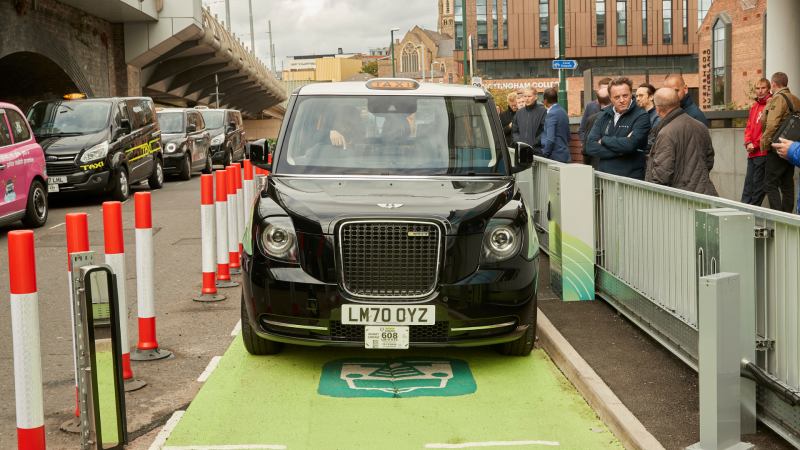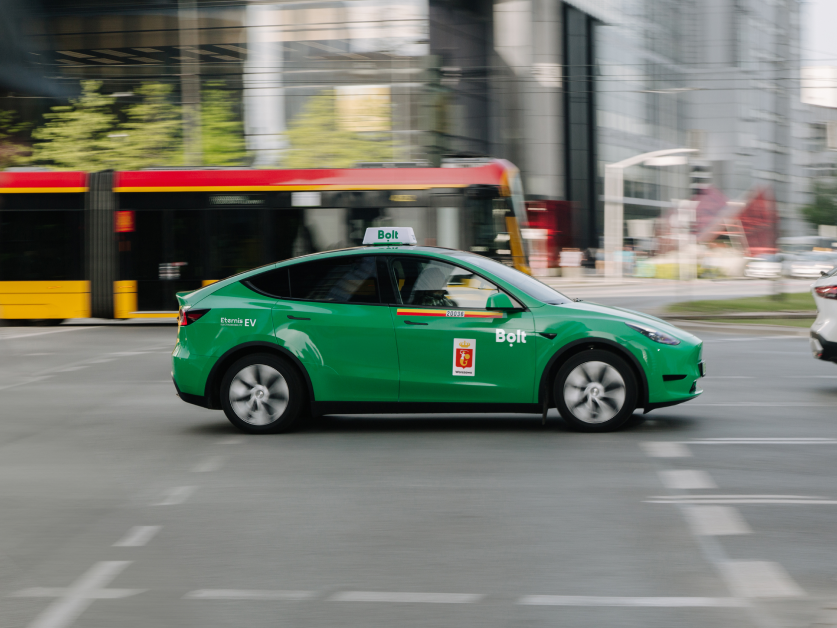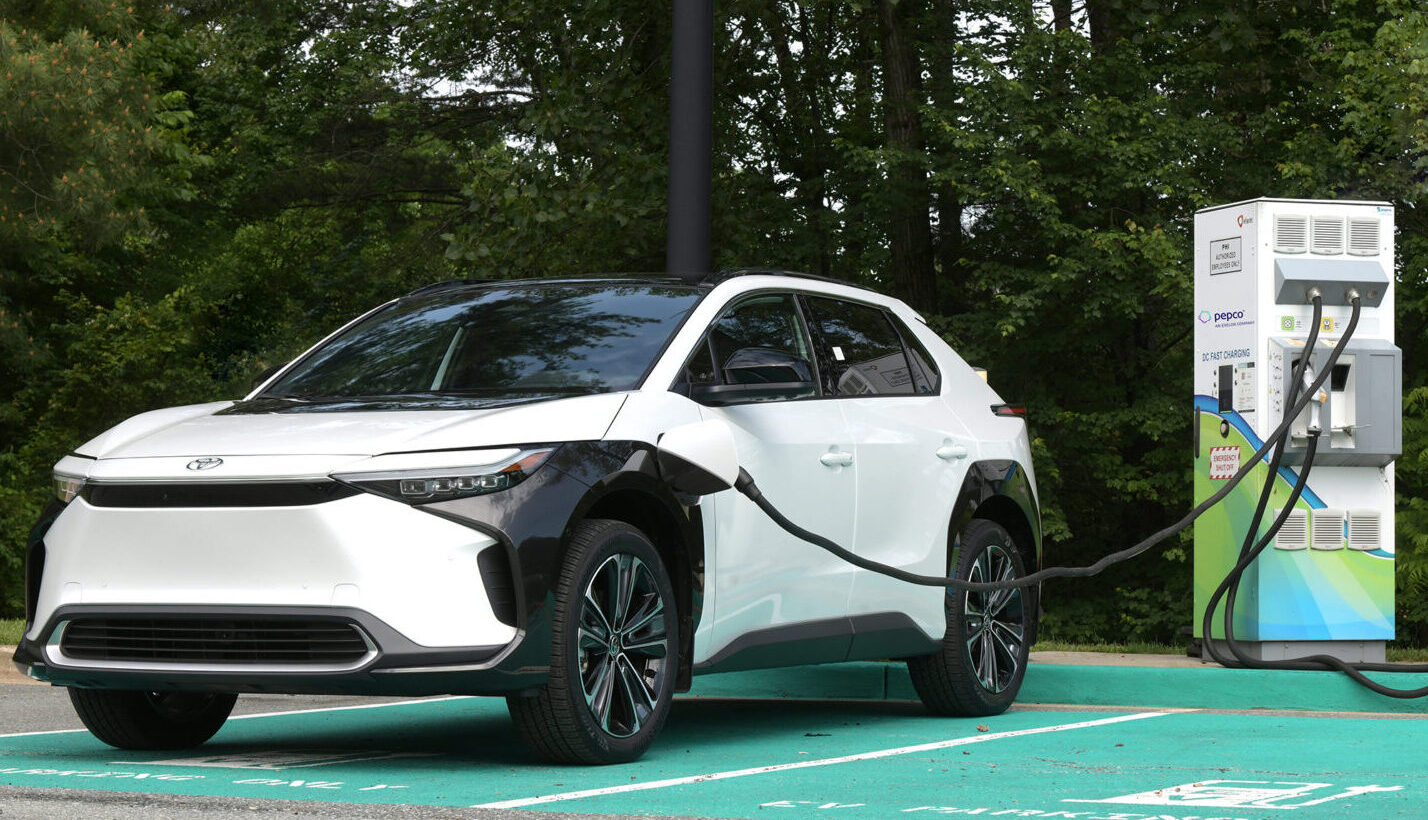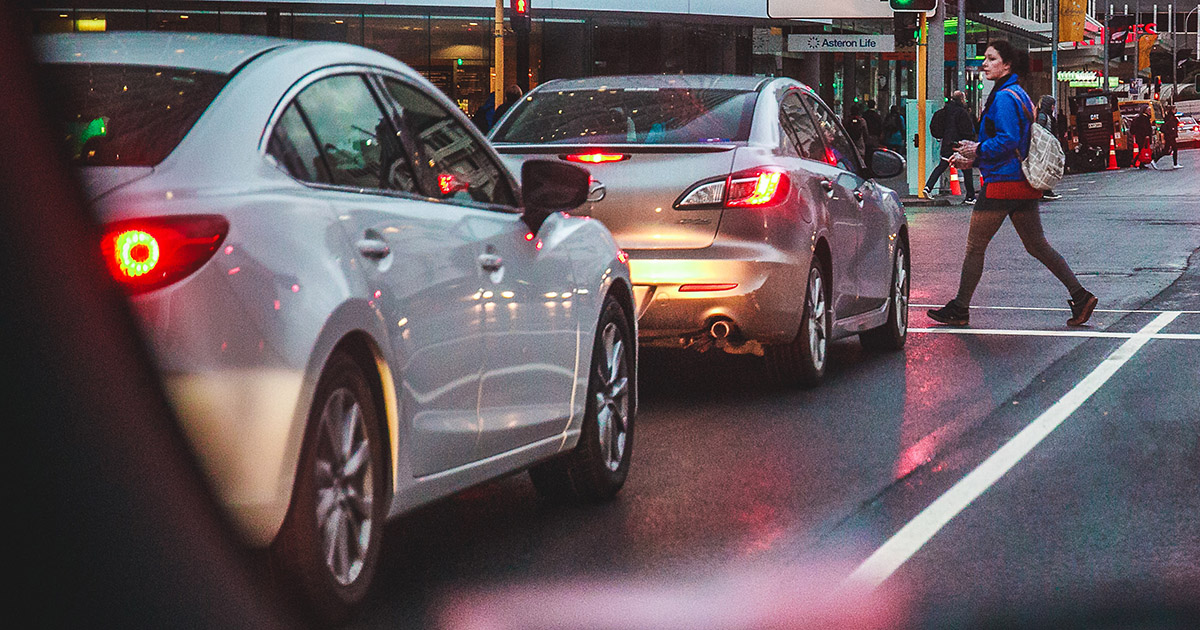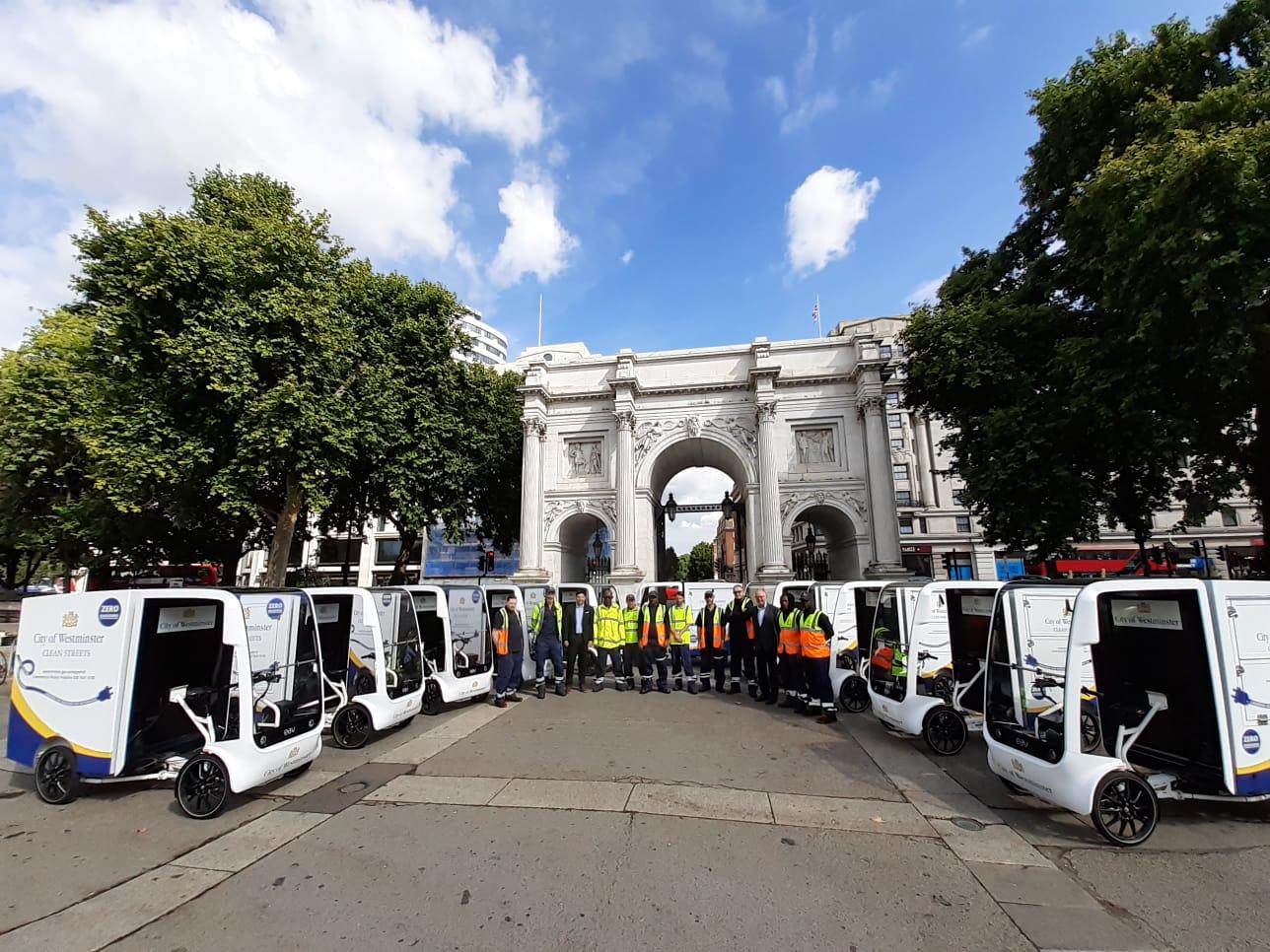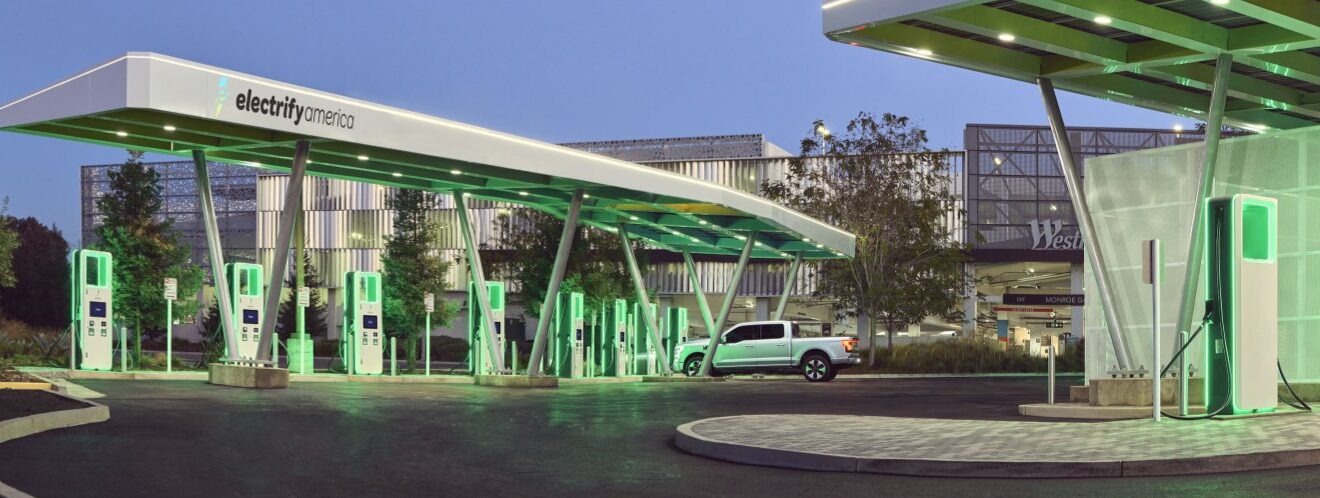Nottingham City Council and Cenex have launched a government-backed trial that allows taxi drivers to repower their electric vehicles with wireless charging.
This scheme is part of Nottingham’s ambitions to become the UK’s first carbon-neutral city by 2028.
In the initial phase of the project, nine electric taxis have been retrofitted with wireless charging technology that is compatible with a specially upgraded rank outside Nottingham Station.
The government’s Office for Zero Emission Vehicles is providing Nottingham City Council with 930,000 GBP in funding for this project.
Nottingham City Council and its project partners will closely monitor the trial and share the findings with the government to help shape future regulations and wireless charging projects.
It is expected that the wireless charging technology will bring several benefits, including:
- Easy and convenient charging – drivers will be charge their vehicles while waiting for passengers by simply driving over the pad
- Reducing street clutter – no charging cables are required as the wireless charging equipment is built into the road surface
- Encouraging the adoption of more electric taxis in the city to reduce emissions
The project is led by Cenex, with partners Coventry University, Hangar-19, Nottingham City Council, Shell Research Limited, Sprint Power and Transport for London. The hardware was supplied by Lumen Freedom.
Nottingham City Council’s Portfolio Holder for Highways, Transport and Parks, Councillor Audra Wynter, said:I’m delighted to see Nottingham’s UK-leading wireless taxis hit the streets. This amazing new technology will make it easy and convenient for taxi drivers to charge their vehicles on-street between passengers and make a big difference in local air quality.
This is another example of Nottingham leading the way in transport innovation, as we lead the country to become carbon neutral by 2028.
Since 2005, Nottingham has recorded a 57 percent drop in carbon dioxide emissions.
This progress is aided by the Council’s Future Transport Zone Programme, which is overseeing projects such as the e-scooter rental trial and the creation of new mobility hubs.
The city’s tram network is also powered by green electricity and 30 percent of the city’s buses are currently electric or run on biogas.

